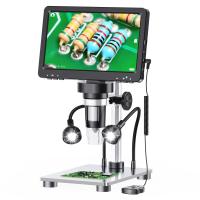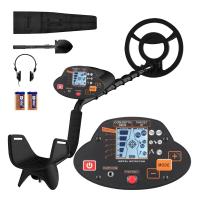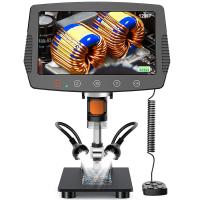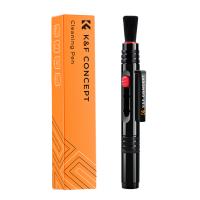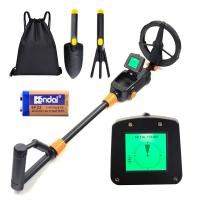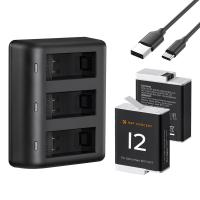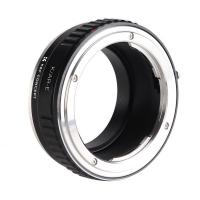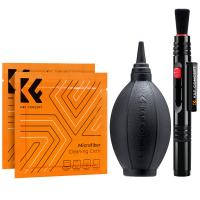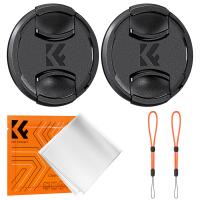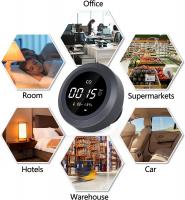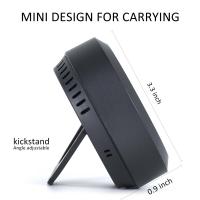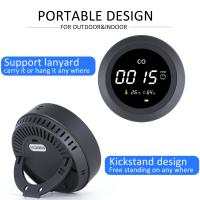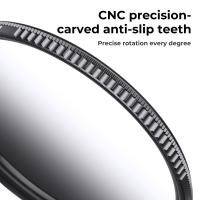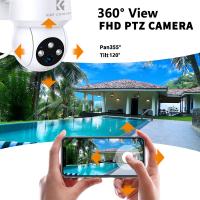Are Carbon Monoxide Detectors Hard Wired?
When it comes to ensuring the safety of your home and family, carbon monoxide (CO) detectors are among the most critical devices you can install. Carbon monoxide, often dubbed the "silent killer," is a colorless, odorless, and tasteless gas that can cause serious illness or death if inhaled in high concentrations. This danger underscores the importance of having reliable carbon monoxide detectors in place. One common question homeowners and renters ask is whether these detectors need to be hardwired into the electrical system or if battery-operated options are sufficient. In this article, we'll examine the details surrounding carbon monoxide detectors, discussing their various power sources, advantages, and potential drawbacks to help you make an informed decision.
What Are Carbon Monoxide Detectors?
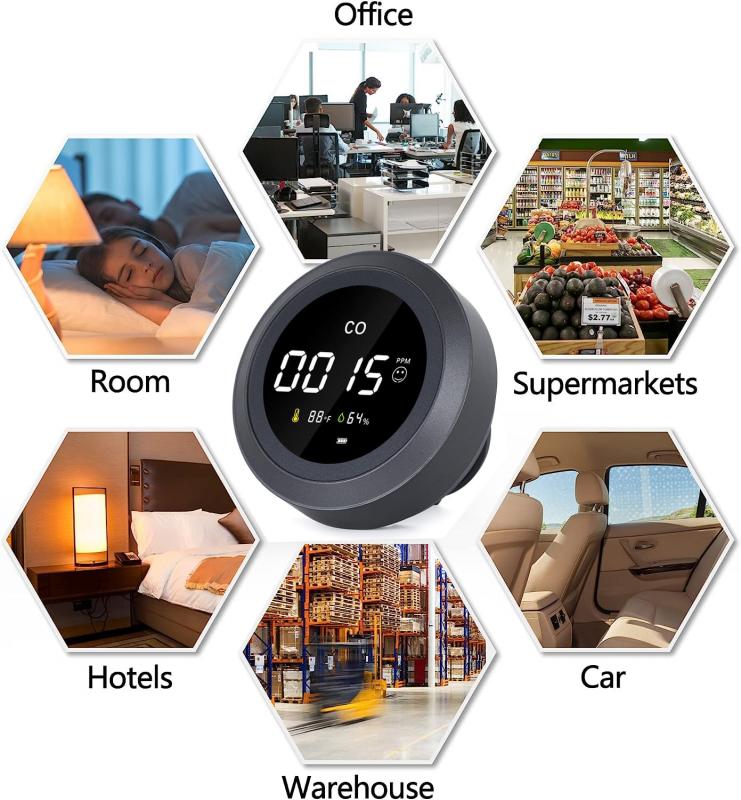
Carbon monoxide detectors are devices designed to alert occupants of potentially dangerous levels of CO in the air. They work by sensing this toxic gas and sounding an alarm when it reaches hazardous levels. Because carbon monoxide is undetectable by human senses, these devices are essential—without one, you would have no indication of danger until symptoms of CO poisoning occur, such as dizziness, confusion, or nausea, which often arise too late for effective intervention.
The two primary ways these detectors can be powered are through hardwiring into your home's electrical system or by using batteries. In recent years, some models have emerged that combine the two power sources for increased reliability. Understanding the differences between these options will help you choose the right detector for your home.
---
Hardwired Carbon Monoxide Detectors: How They Work
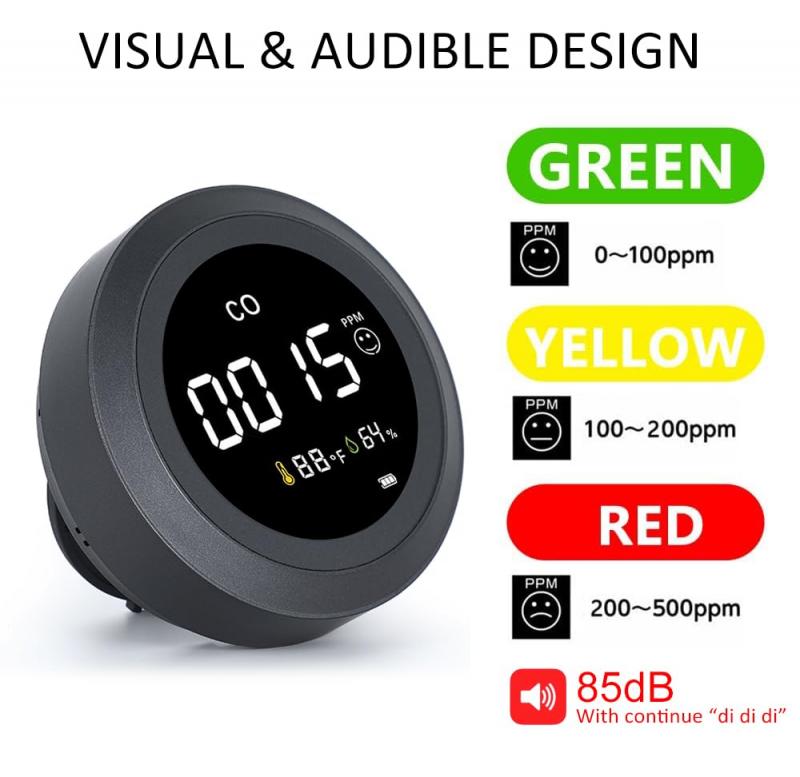
Hardwired carbon monoxide detectors are connected directly to your home's electrical circuit. These devices may either be stand-alone units or part of a hybrid system that includes hardwired smoke detectors. They typically come with a backup battery system so they can continue functioning during power outages, further ensuring they remain operational at all times.
Pros of Hardwired Carbon Monoxide Detectors:
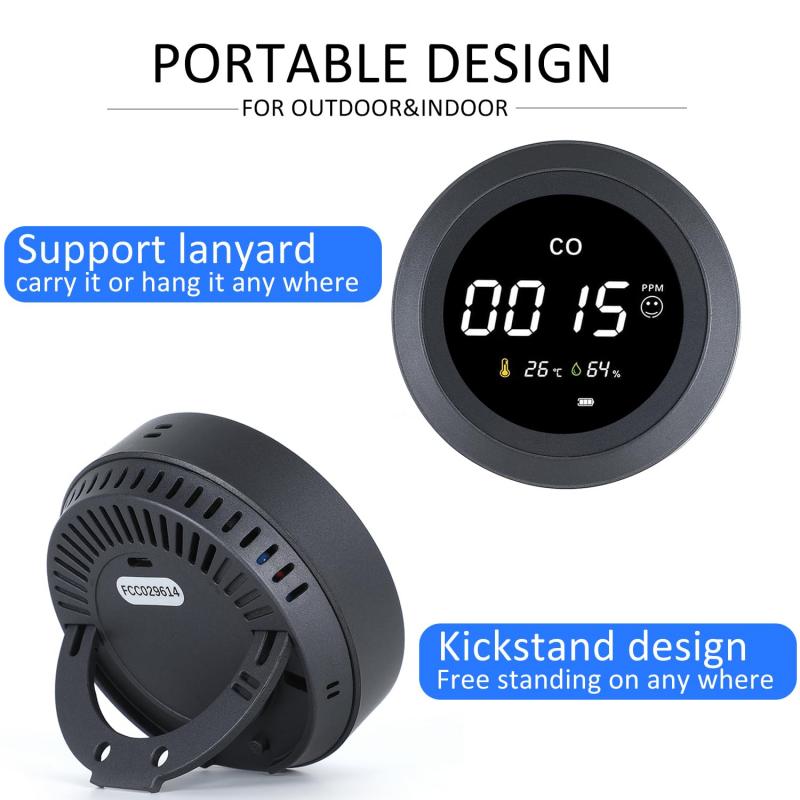
1. Permanent Power Source: Hardwired detectors rely on your home's electrical system as their primary power source, which means you don't have to worry about regularly replacing batteries.
2. Reliability: Because they are tied to your electrical system, they’re less likely to fail due to battery neglect or malfunction. This makes them a dependable option for long-term monitoring.
3. Interconnection Capability: Many hardwired units can be interconnected with other safety devices, such as smoke detectors. If one sensor is triggered, all the alarms in the system will activate simultaneously, providing a widespread alert.
4. Professional Installation: These devices are often installed by professionals, ensuring proper placement and compliance with local building codes. This approach is especially useful if you're integrating carbon monoxide detection into a more extensive home security system.
Cons of Hardwired Carbon Monoxide Detectors:
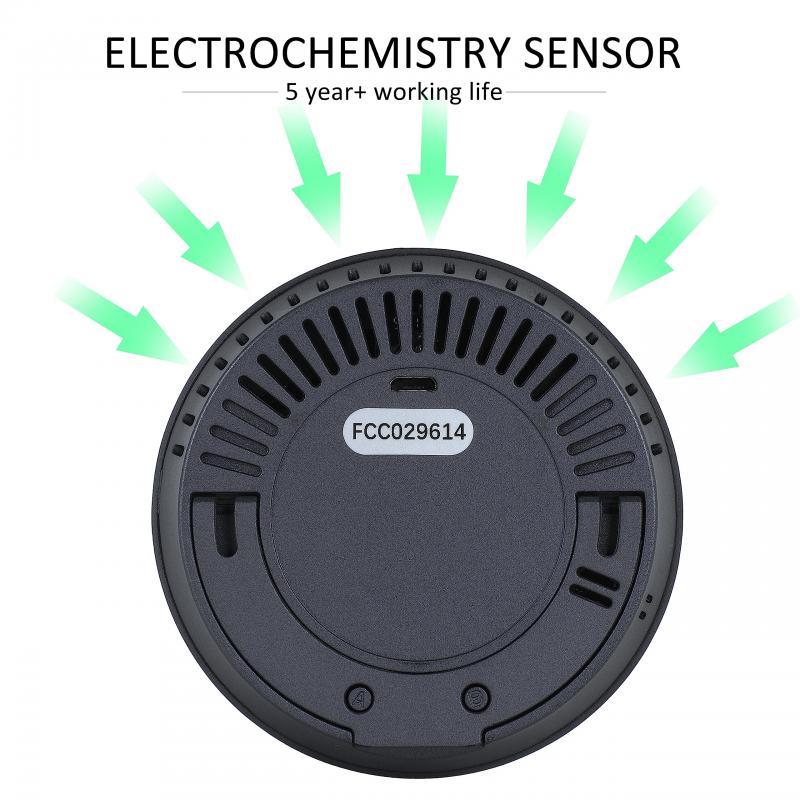
1. Professional Installation Costs: Unlike battery-operated models, hardwired detectors typically require installation by an electrician. Unless you're experienced with electrical wiring, the installation process may be difficult or unsafe to handle on your own.
2. Dependence on Power Supply: While backup batteries are standard in hardwired models, the main power source is still your electricity. If the backup battery isn't maintained properly, the detector could fail during extended power outages.
3. Limited Flexibility for Placement: Since they require a direct electrical connection, the placement of hardwired detectors is restricted to areas near wiring access, potentially limiting optimal sensor positioning in your home.
---
Battery-Operated Carbon Monoxide Detectors: A Flexible Alternative
Battery-operated carbon monoxide detectors don't rely on a direct electrical connection. Instead, they are powered exclusively by replaceable or rechargeable batteries. They are a convenient and increasingly popular choice for homeowners and renters due to their flexibility and ease of installation.
Pros of Battery-Operated Carbon Monoxide Detectors:
1. Ease of Installation: These units are simple to set up and don't require professional installation. Most models can be secured in place using screws or adhesive strips.
2. Portability: Battery-operated detectors can be placed almost anywhere in your home and even taken with you if you move. This flexibility ensures optimal sensor placement, regardless of the layout of your living space.
3. Independence from Power Outages: Since their sole power source is a battery, these detectors remain functional during electrical outages.
4. Affordable: Without the need for professional wiring, battery-operated models are generally less expensive upfront.
Cons of Battery-Operated Carbon Monoxide Detectors:
1. Maintenance Requirements: Batteries must be replaced periodically, typically every 6-12 months, depending on the model. Forgetting to replace the batteries can render the detector inoperative.
2. Lifespan Constraints: Some older models are prone to battery leakage, and a failure to maintain the device can result in short-term or long-term functional issues. Modern designs with low-battery alerts help mitigate this risk, but consistent maintenance is key.
3. No Interconnection: Unlike most hardwired models, these detectors don’t interconnect, meaning alarms will only sound from the specific unit where CO is detected instead of throughout the home.
---
Which Option Is Better for You?
Choosing between hardwired and battery-operated carbon monoxide detectors ultimately depends on your household's needs and circumstances. To make the best choice, you'll want to consider factors like the layout of your home, the reliability of your electrical system, and your willingness to perform maintenance.
Hardwired CO Detectors Are Ideal If:
- You’re already renovating or building a home and can include these devices in the electrical plans.
- You prefer an interconnected system of detectors for comprehensive protection.
- You want to avoid frequent battery replacements and enjoy a "set it and forget it" solution.
Battery-Operated CO Detectors Are Perfect For:
- Renters or those who can't modify their living spaces.
- Homeowners looking for a cost-efficient and portable option.
- Individuals seeking fast, DIY installation.
---
The Hybrid Solution: Dual-Power Detectors
To address the weaknesses of both types, many manufacturers now offer dual-power carbon monoxide detectors. These models are hardwired into your home’s electrical system while also featuring built-in battery backups. Dual-power detectors combine the reliability of permanent wiring with the resilience of battery support, ensuring maximum functionality under all conditions. If you're seeking the best of both worlds and are willing to invest slightly more upfront, this hybrid approach may provide the highest level of safety for your home.
---
Placement and Maintenance Tips for Carbon Monoxide Detectors
Regardless of which type of detector you choose, correct placement and regular maintenance are essential to maintain their functionality. Here are some best practices:
1. Optimal Placement:
- Install detectors outside of each sleeping area and on every level of your home, including basements.
- Place detectors near fuel-burning appliances, such as furnaces, fireplaces, and water heaters, while avoiding areas with high humidity or excessive dust.
- Follow the manufacturer’s guidelines for installation height, as some CO detectors are designed for wall mounting while others can be installed on ceilings.
2. Regular Maintenance:
- Test your detectors' alarms monthly to confirm they are functioning properly.
- Replace batteries as required, according to the manufacturer's schedule.
- Clean your detectors periodically to remove dust and debris that might impede performance.
- Replace the entire unit every 5-10 years, depending on the manufacturer's recommendations, as sensors can degrade over time.
---
Final Thoughts on Choosing and Installing Carbon Monoxide Detectors
Carbon monoxide detectors are essential devices that can save lives by providing early warning of dangerous gas levels. Whether you choose a hardwired model, a battery-operated option, or a hybrid system depends on your home setup, budget, and personal preferences. By understanding the benefits and limitations of each type, you can make a well-informed decision to protect your family and maximize safety.
Remember, no matter what type of carbon monoxide detector you install, its effectiveness depends on proper placement, routine maintenance, and timely replacement. Always follow the manufacturer’s recommendations and prioritize the safety of your household. The peace of mind provided by a functioning CO detector—whether hardwired or battery-powered—is invaluable in keeping your loved ones safe from an unseen but all-too-real threat.

![Carbon Monoxide Detectors Portable Temperature Detector/Humidity Sensor/Air Quality Meter Smoke CO Gas Monitor [3 in 1] Alarm for Home Bedroom Office in-car Camping Indoor Outdoor Carbon Monoxide Detectors Portable Temperature Detector/Humidity Sensor/Air Quality Meter Smoke CO Gas Monitor [3 in 1] Alarm for Home Bedroom Office in-car Camping Indoor Outdoor](https://img.kentfaith.com/cache/catalog/products/us/GW40.0007/GW40.0007-1-200x200.jpg)

